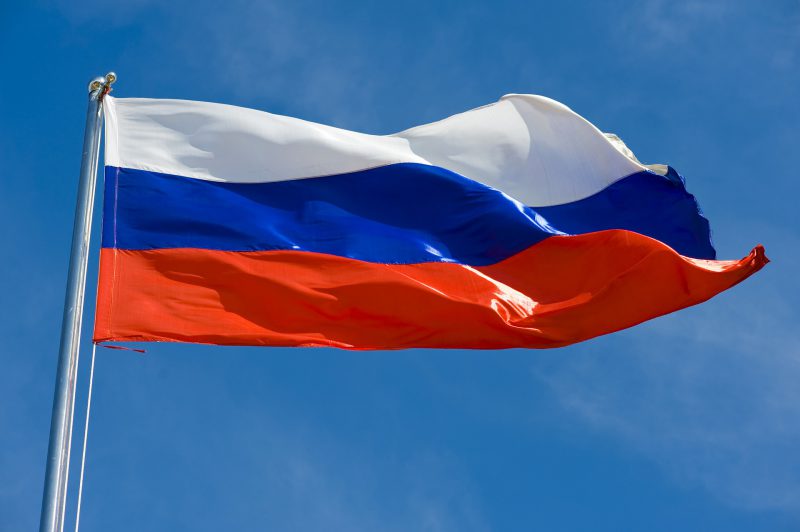The crypto-verse has taken a tour around the world. Governments big or small, war-ridden or financially distressed, have been looking into the crypto industry. Russia has been trying to embrace the digital world. As the country continues its attack on Ukraine it seemed to be regulating the digital asset industry as well. Now, according to its latest draft law, digital asset issuers are likely to be exempted from paying value-added tax.
Reuters revealed that Russian lawmakers in the State Duma went on to approve a crypto-related draft law. The members reportedly gave a green signal in the second as well as third readings that occurred on Tuesday. The law focuses on exempting value-added tax, particularly for the issuers of digital assets.
In addition to this, tax rates on the yield from the sale of these crypto-assets would also be a part of the law. At present, the rate on transactions is 20 percent. However, the new law would reduce the same to 13 percent for companies based in Russia. The rate for Foreign crypto issuers would be around 15 percent.
This law is yet to be approved by the upper house as well as Russian President Vladimir Putin.
Russia and its confusing stance on cryptocurrencies
Similar to several other governments there has been a divide due to crypto regulations. The Russian central bank went on to urge the government for a blanket ban on the industry. The bank suggested that crypto would further boost financial instability among Russian citizens.
The ongoing war did bring about changes. With financial sanctions imposed on the Russian government, crypto was the only way forward. The Russian central bank even went on to allow the country’s largest bank Sberbank to issue cryptocurrencies.
It seems like the aforementioned draft law is likely to get a green signal. With the country slowly veering into the crypto-verse, high tax rates would certainly be off-putting. As a result, the community speculates that the exemption of VAT would fall through.





